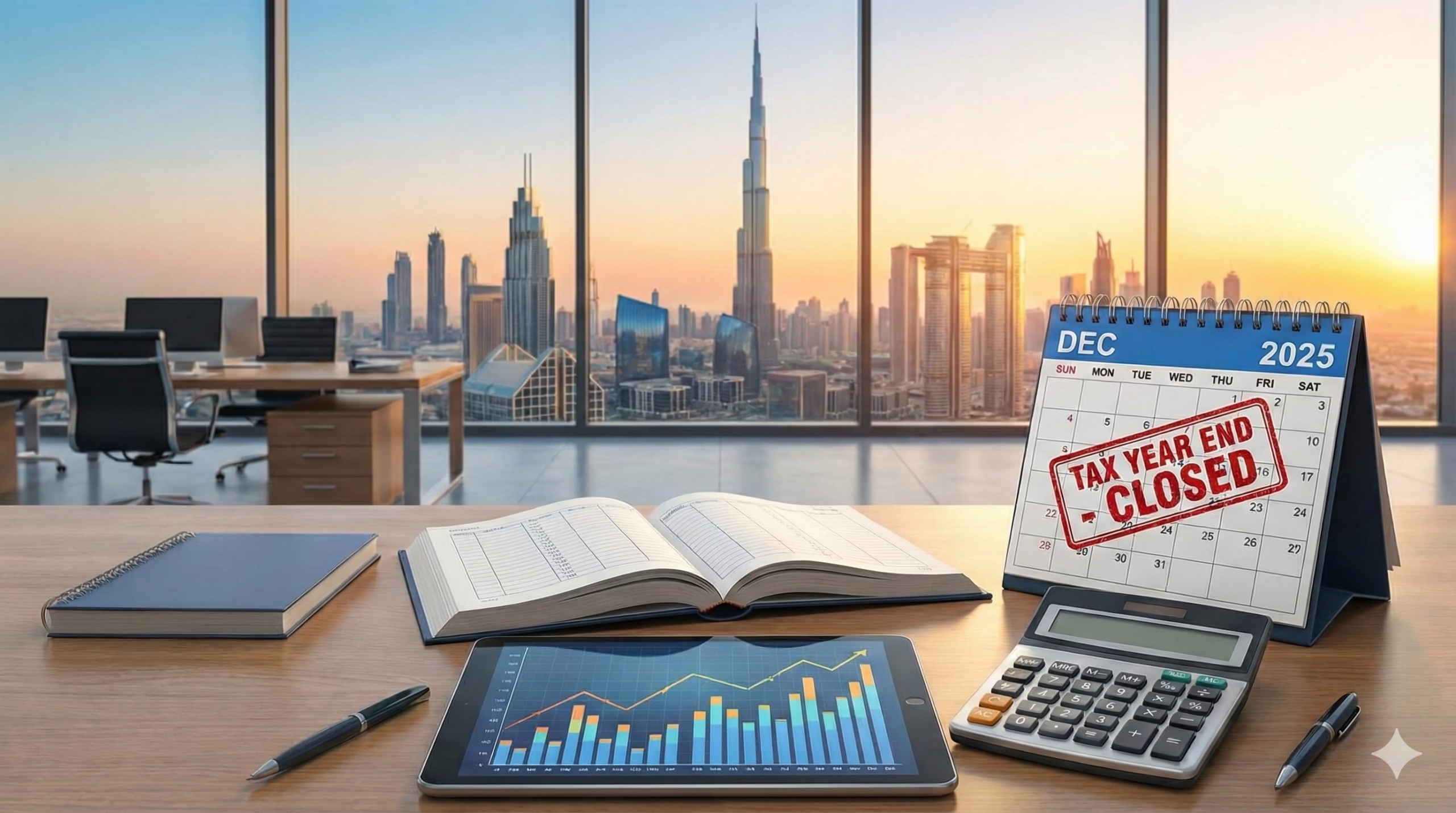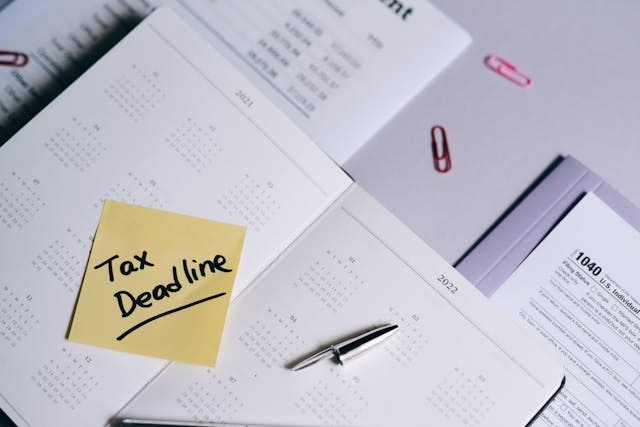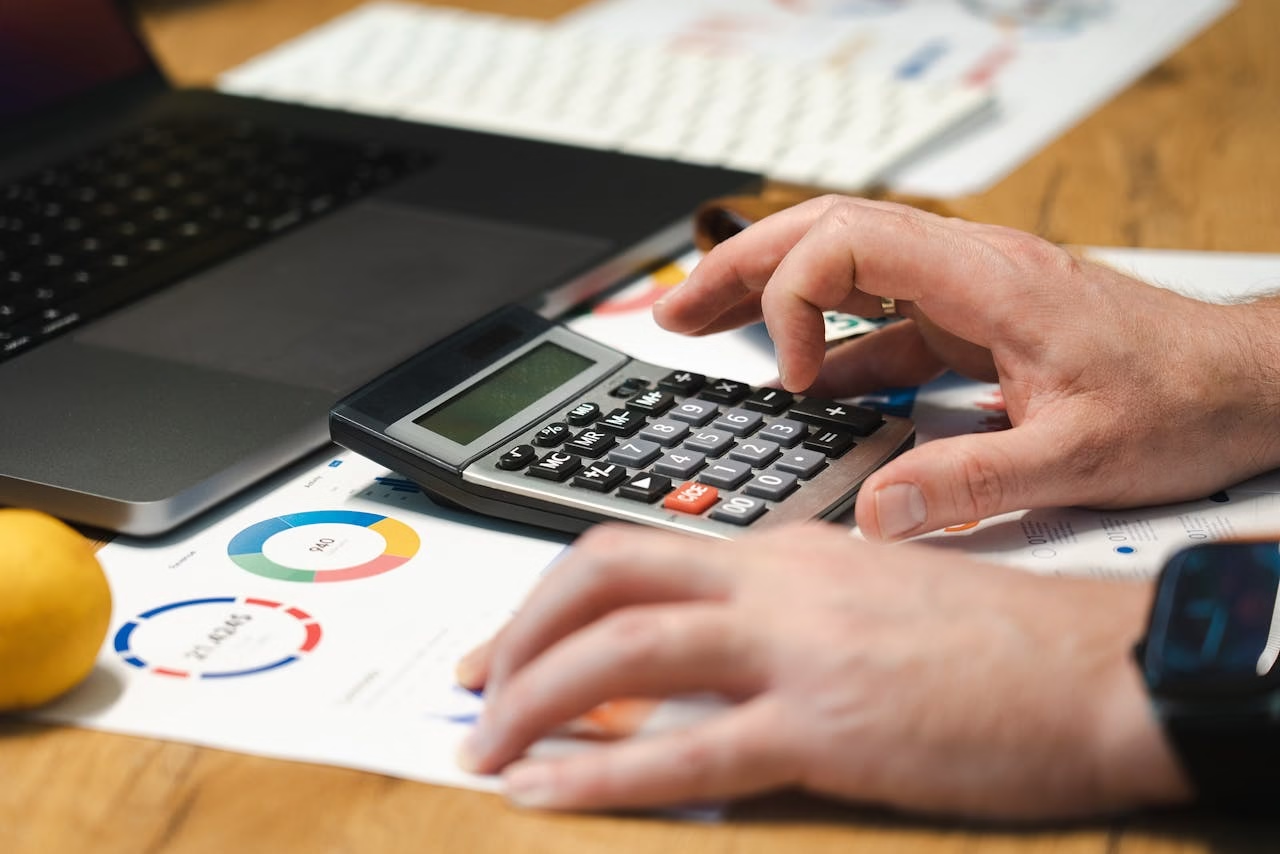

The UAE is one of the world’s largest trading hubs, with thousands of businesses engaged in importing and exporting goods. Whether you bring products into the UAE or sell them to international markets, VAT (Value Added Tax) is an essential part of your business operations. Since the introduction of VAT in 2018, businesses dealing with cross-border trade must comply with tax regulations to avoid penalties and cash flow issues.
Many import and export businesses struggle with VAT because they don’t fully understand how it applies to customs clearance, tax exemptions, zero-rated supplies, and VAT reclaim opportunities. Not managing VAT correctly can lead to overpaying taxes, supply chain delays, or compliance violations.
If your business is involved in global trade, you must know how VAT affects imports and exports and how to handle it efficiently. This guide will explain everything you need to stay compliant while keeping your business profitable.
When businesses import goods into the UAE, VAT is charged at 5% on the total value of the goods. This applies to all imports unless they are classified as VAT-exempt or fall under special schemes like designated free zones.
VAT on imports is calculated based on the cost of the goods, customs duties, and any additional charges such as insurance and freight (CIF value). Businesses must pay this VAT at the time of customs clearance before the goods are released.
For VAT-registered businesses, the import VAT paid can be recovered as input tax in the next VAT return. However, if a business is not VAT-registered, the VAT paid on imports becomes a cost that cannot be reclaimed.
Many businesses face cash flow issues because they do not plan for VAT payments at the time of import. If your company regularly imports goods, it’s essential to manage cash flow carefully and ensure you have funds available to cover VAT at the time of clearance.
For businesses that rely on importing goods into the UAE, understanding how VAT applies to imports is critical for smooth customs clearance, accurate tax filing, and cash flow management. VAT on imports is more than just a tax requirement—it affects pricing, profitability, and financial planning. Many businesses struggle with import VAT because they do not prepare for it in advance, leading to unexpected costs, delays, and compliance risks.
To ensure your import business remains VAT-compliant and financially efficient, follow these strategic and actionable steps:

When goods enter the UAE, VAT is applied at 5% of the total landed cost. This includes:
For example, if you import goods worth AED 100,000, and there is a customs duty of 5%, the taxable amount becomes AED 105,000. VAT is then applied to this amount, making the total VAT payable AED 5,250.
Many businesses fail to calculate the correct VAT amount by not factoring in customs duties and shipping costs. Before placing import orders, always estimate the full VAT cost to avoid under-budgeting and financial strain.
Import VAT must be paid at the time of customs clearance unless you qualify for the Reverse Charge Mechanism (RCM). Businesses that do not plan for VAT payments often face cash flow shortages, delaying the release of goods from customs.
To avoid this, set up a VAT reserve fund specifically for import taxes. Instead of waiting until the goods arrive, estimate your total VAT liability in advance and keep that amount available. Businesses with frequent imports should integrate VAT planning into their cash flow management to prevent disruptions in supply chain operations.
If your business struggles with cash flow, explore VAT deferment options that may be available through specialized customs arrangements or trade finance solutions.
VAT-registered businesses in the UAE can use the Reverse Charge Mechanism (RCM), which allows them to defer VAT payments at customs. Instead of paying VAT upfront, the business simply records the VAT as both input tax (recoverable VAT) and output tax (payable VAT) in their VAT return. Since these amounts cancel each other out, no actual payment is required.
To benefit from this, businesses must:
If your business does not apply the Reverse Charge Mechanism correctly, the FTA may reject your VAT claim, requiring you to pay VAT upfront and wait for a refund, which can affect cash flow.

The UAE’s Federal Tax Authority (FTA) and Customs Authorities require businesses to maintain detailed records of all imports. Missing or incorrect documentation can lead to delays, fines, or rejected VAT claims.
To stay compliant, always keep:
These documents should be organized and readily available for VAT filings and potential audits. The FTA requires businesses to keep tax records for at least five years, so invest in a digital system for tracking and storing import records securely.
Not all imports are taxed the same way. Certain categories of goods are either zero-rated, exempt, or subject to different VAT treatment, and failing to classify them correctly can result in overpayment or compliance issues.
Before importing goods, consult with a VAT expert or customs authority to determine if your imports qualify for any special VAT treatment. Incorrect VAT classification can result in unnecessary costs or compliance violations.
Many businesses in the UAE engage in drop-shipping or cross-border trade, where goods are shipped directly from a foreign supplier to a UAE customer without the business physically handling the goods. VAT treatment for such transactions depends on:
If your business operates under a drop-shipping model, ensure that you understand VAT obligations for both local and international transactions. Misreporting VAT on drop-shipping sales can lead to tax penalties or incorrect tax filings.

Importing businesses are frequently audited by the FTA to ensure they are correctly reporting VAT on imports. Errors in VAT filings, missing invoices, or discrepancies in customs declarations can trigger a VAT audit, which may lead to penalties or additional tax liabilities.
To avoid this, businesses should conduct internal VAT audits every quarter. This includes:
Businesses that proactively review VAT compliance reduce the risk of costly audits and fines, ensuring smooth business operations.
VAT on imports is complex, and mismanaging it can result in cash flow problems, tax penalties, and higher operational costs. If your business frequently imports goods, working with a VAT expert or tax consultant can help you:
By taking a strategic approach to VAT on imports, businesses can reduce financial risks, maintain compliance, and improve overall profitability. If your business imports goods into the UAE and needs expert guidance, Protax Advisors is here to help.

One of the biggest advantages for VAT-registered businesses in the UAE is the Reverse Charge Mechanism (RCM). Under this system, VAT on imports does not need to be paid upfront at customs clearance. Instead, the VAT is recorded in the VAT return as both input tax (recoverable VAT) and output tax (payable VAT), meaning the amount cancels out and there is no immediate cash outflow.
This mechanism is highly beneficial for businesses that import large volumes of goods. Instead of paying VAT at customs and waiting to reclaim it later, businesses can simply account for VAT in their returns without affecting cash flow.
To benefit from the Reverse Charge Mechanism, businesses must ensure that:
Failing to apply the reverse charge mechanism correctly can result in errors in tax filings, leading to penalties or audits from the Federal Tax Authority (FTA).
Exports from the UAE are considered zero-rated under VAT rules, meaning VAT is charged at 0%. However, many businesses mistake this for being VAT-free, which is not the case. Even though VAT is not collected on exports, businesses must still report these transactions in their VAT returns.
For an export to qualify as zero-rated, businesses must provide proof that the goods have left the UAE. This includes:
Without proper documentation, the FTA may disqualify the transaction from zero-rating and demand that VAT be paid on the sale. Keeping detailed records ensures that businesses comply with VAT regulations while benefiting from zero-rated exports.

The UAE has several designated free zones that follow different VAT rules. Businesses operating in these zones must understand how VAT applies to their imports and exports to avoid incorrect tax filings.
Goods moving between designated free zones are generally VAT-exempt, meaning no VAT is charged. However, if goods are moved from a free zone to the UAE mainland, VAT at 5% must be applied.
Many businesses assume that being in a free zone automatically means they do not need to charge or pay VAT, which is incorrect. Understanding whether your free zone is designated or non-designated will determine your VAT obligations.
If your business is based in a designated free zone, work closely with a VAT expert to ensure compliance when moving goods between free zones, mainland UAE, and international locations.
The UAE has multiple trade agreements with GCC countries and other international markets, and VAT plays a significant role in cross-border transactions.
For businesses trading with other GCC countries that have VAT laws, the treatment of VAT depends on whether the buyer is a VAT-registered business. If the customer is a VAT-registered entity in another GCC country, the reverse charge mechanism may apply, shifting the responsibility of VAT payment to the buyer.
For exports outside the GCC, standard zero-rating rules apply, provided the necessary documentation is in place. Businesses must also be aware of import VAT rules in the destination country, as they may need to register for VAT there if they exceed certain sales thresholds.

Many businesses face VAT challenges in global trade due to incorrect documentation, tax miscalculations, and misunderstanding VAT exemptions. These errors can lead to fines, delays in shipments, or disputes with tax authorities.
One of the most common mistakes is not maintaining proper customs and VAT records. Businesses must ensure that all transactions, whether imports or exports, have clear invoices, proof of shipment, and tax reporting accuracy.
Another challenge is misapplying VAT exemptions. Some businesses wrongly assume that all free zone transactions or exports are automatically VAT-free without meeting the required conditions. This can result in tax liabilities that impact profitability.
To avoid these pitfalls, businesses should:
Handling VAT in import and export transactions requires careful planning, accurate record-keeping, and full compliance with UAE tax laws. Mistakes in VAT filings can lead to delays at customs, unexpected tax costs, or even penalties from the FTA.
At Protax Advisors, we specialize in helping businesses navigate VAT on imports, exports, and free zone transactions. Our expert team ensures that your VAT is calculated correctly, exemptions are applied where applicable, and tax returns are filed with accuracy.
If you want to ensure smooth customs clearance, avoid VAT penalties, and maximize tax savings, schedule a free consultation with Protax Advisors today. Let us handle your VAT compliance so you can focus on growing your import and export business.
VAT is a crucial part of doing business in the UAE, especially for companies involved in importing and exporting goods. Understanding how VAT applies to customs, free zones, international trade, and tax exemptions is key to staying compliant and avoiding financial risks.
Businesses that manage VAT effectively can optimize cash flow, prevent customs delays, and reduce tax liabilities, ensuring smooth operations and long-term success.
If VAT compliance feels complex, Protax Advisors is here to help. Our team of VAT specialists ensures that your import and export business stays compliant, avoids penalties, and maximizes tax efficiency.
Book a free consultation today and let Protax Advisors simplify your VAT compliance for global trade success.




Schedule a consultation call and learn how our expertise in accounting and tax services can benefit your business.